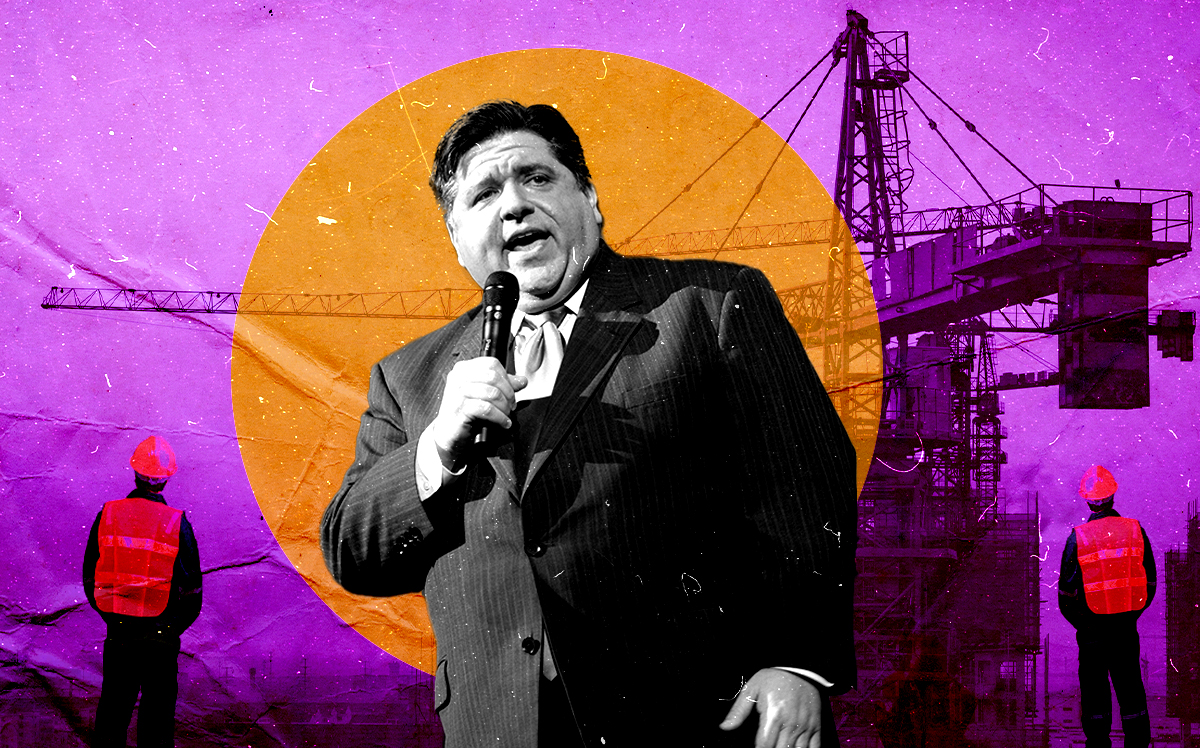Manufacturing in New York City has withered over the years, even more so than in the nation at large. The real estate industry has adapted, converting manufacturing areas into pricey residential enclaves, but city officials have resisted waving the white flag.
Only 57,000 manufacturing jobs remain in the city, down from 172,000 in 2000 and about 1 million at the sector’s peak. The sector accounts for just 1.4 percent of the city’s 4 million jobs.
Yet city lawmakers and economic development agencies continue to try to keep it afloat or even add manufacturing jobs, City and State reports.
Mayor Eric Adams’ is seeking a citywide zoning text amendment to support small businesses and commercial corridors, which some City Council members and development groups think can help save manufacturing jobs.
And Council members Amanda Farías and Jennifer Gutiérrez have co-sponsored a bill that would direct the city to create plans for Industrial Business Zones, hoping to expand manufacturing activity within them.
The zones, created by the Bloomberg administration to deter rezoning to residential use, may have saved some jobs, but have not reversed the decline. For owners of property in the zones, that means lower rents and land prices than they could get by repurposing them for housing.
Manufacturing zones can even stymie rezoning efforts around them. Last year in Park Slope, for example, Council member Shahana Hanif cut a proposed 48-unit, mixed-income project down by more than half because she thought a larger development would pressure the manufacturing district across the street. (Residents are known for complaining about trucks and noise from industrial businesses.)
Advocates for manufacturing districts say they provide good-paying jobs for New Yorkers without college degrees, and that landlords sometimes refrain from inking manufacturers to long-term leases because they don’t want to preclude more lucrative uses in the future. That stunts the growth of companies, who end up moving to New Jersey or Long Island for more space.
Read more



Some experts and advocates for the manufacturing industry said the city has missed chances to protect jobs in the industry through other means, such as land use policy and commercial rent control.
Manufacturing has lost roughly 8,000 jobs in the city during the pandemic, making efforts to expand the industry even more challenging.
